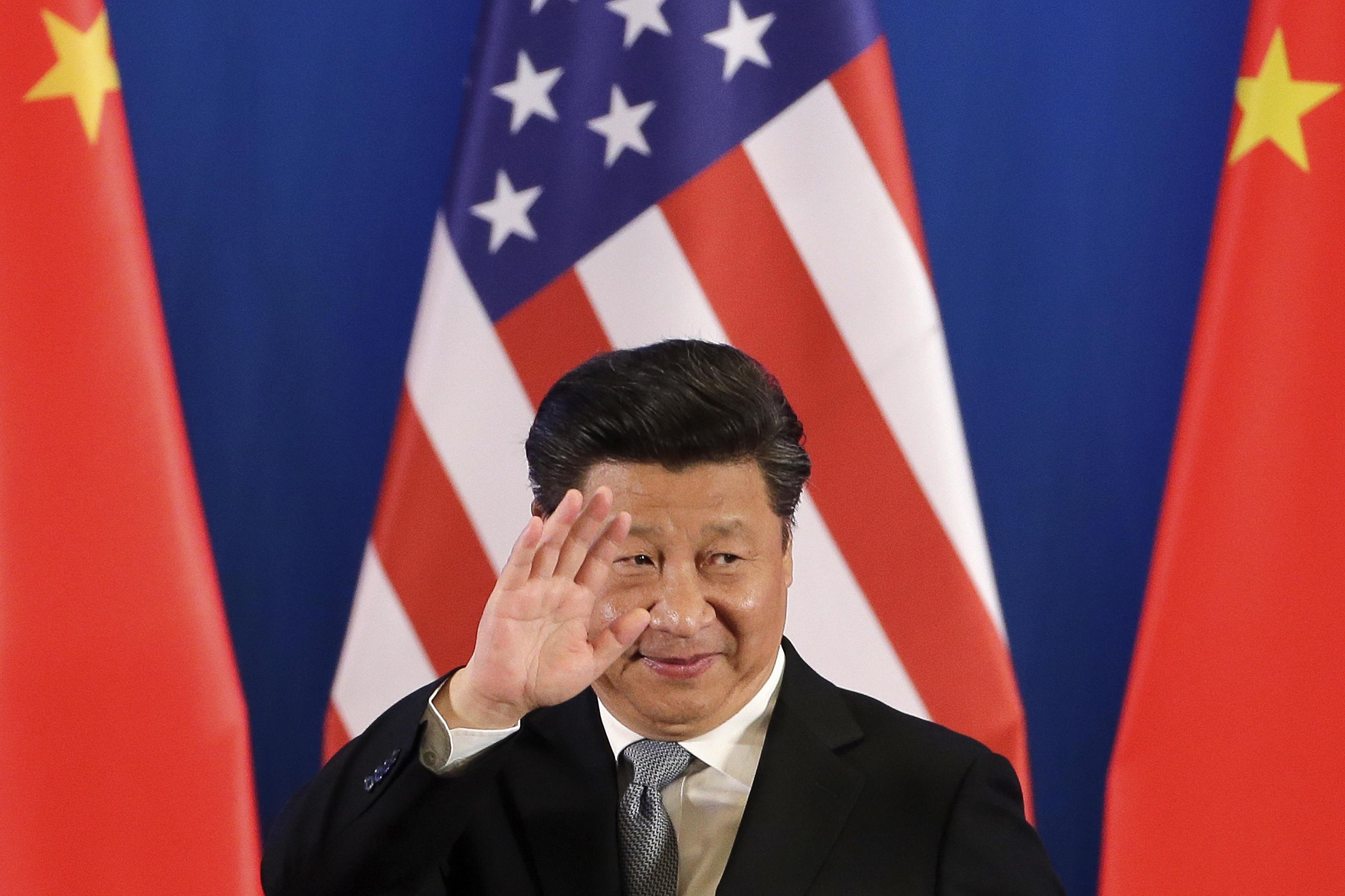In Beijing, a day before Pedro Sánchez is received in the capital of the Asian superpower by his Chinese counterpart Xi Jinping, the daily press conference of the Foreign Ministry spokesperson made room to boast about the good relations China maintains with Spain. These comments were prompted by a question about the criticisms made on Wednesday by the US Treasury Secretary, Scott Bessent, who stated that a Spanish government approach to the Chinese regime would be "like cutting one's own throat."
Lin Jian, the Chinese spokesperson, responded that when it comes to "cutting throats," it is the US that has been using tariffs to threaten and extort the world. "This is an attempt to strangle the development of other countries and force them, under intimidation, to make concessions," Lin stated, also wanting to highlight that Spanish product exports have increased by 4.3% over the past year and that Chinese companies are cooperating with Spain on many energy and environmental projects.
On Thursday, Beijing also called for greater cooperation with the European Union. State media, which highlighted Sánchez's imminent visit as a sign that some European countries are seeking to strengthen ties with China in the face of Donald Trump's trade war, revealed that Chinese Commerce Minister Wang Wentao held a video conference with EU representatives. "These efforts by the EU and its member states to strengthen engagement with China amid the global tariff storm have sent a positive signal," read a statement from the state-run Xinhua agency.
After retaliating on Wednesday by raising tariffs on the US to 84%, China avoided further escalation on Thursday despite Trump announcing a new increase in tariffs on Chinese imports to 125%. This came after giving in to market pressure, granting a partial 90-day truce that suspended the so-called "reciprocal tariffs" on other countries.
Now, the trade war shifts focus to the battle between Washington and Beijing. The most significant relationships in the world, those between the first and second world powers, are going through a critical moment. So much so that on Wednesday, Chinese authorities issued two warnings to their citizens about the risks of traveling to the US. "Due to the deterioration of trade relations and the internal security situation in the US, the Ministry of Culture and Tourism reminds Chinese tourists to fully assess the risks of traveling to the United States at this time," the statement said.
"China's position is clear and consistent. If the US wishes to dialogue, our door is always open, but dialogue must be based on mutual respect and equality. If the US wishes to fight, our response will be firm. Pressure, threats, and coercion are not the right way to deal with China," stated He Yongqian, a spokesperson for the Chinese Ministry of Commerce, emphatically a few hours ago.
In recent days, on Chinese social media, unlike in other international disputes, the usual system of vitriol prevailing in the giant Asian country has given free rein to nationalist sentiment to harshly criticize Trump, while some posts from local companies expressing concern about the harsh impact of tariffs on the country have been censored.
"President Xi Jinping lived in a cave from the age of 15 to 23. Donald Trump, are you sure you want to play this game of chicken?" read one of the most popular comments on Weibo, the equivalent of X, referring to the time when the Chinese leader was sent to the countryside to learn farming during Mao Zedong's reeducation campaigns.
"Driven by its own interests, the United States has used tariffs as a weapon to exert extreme pressure and gain selfish benefits. This seriously violates the legitimate rights and interests of all countries, violates the rules of the World Trade Organization (WTO), undermines the rules-based multilateral trading system, and destabilizes the global economic order," continued the Foreign Ministry spokesperson during the press conference.
Beijing's spokespersons send a very clear message to Donald Trump: if the United States continues to tighten in its trade war, China will continue to respond with the same determination.
